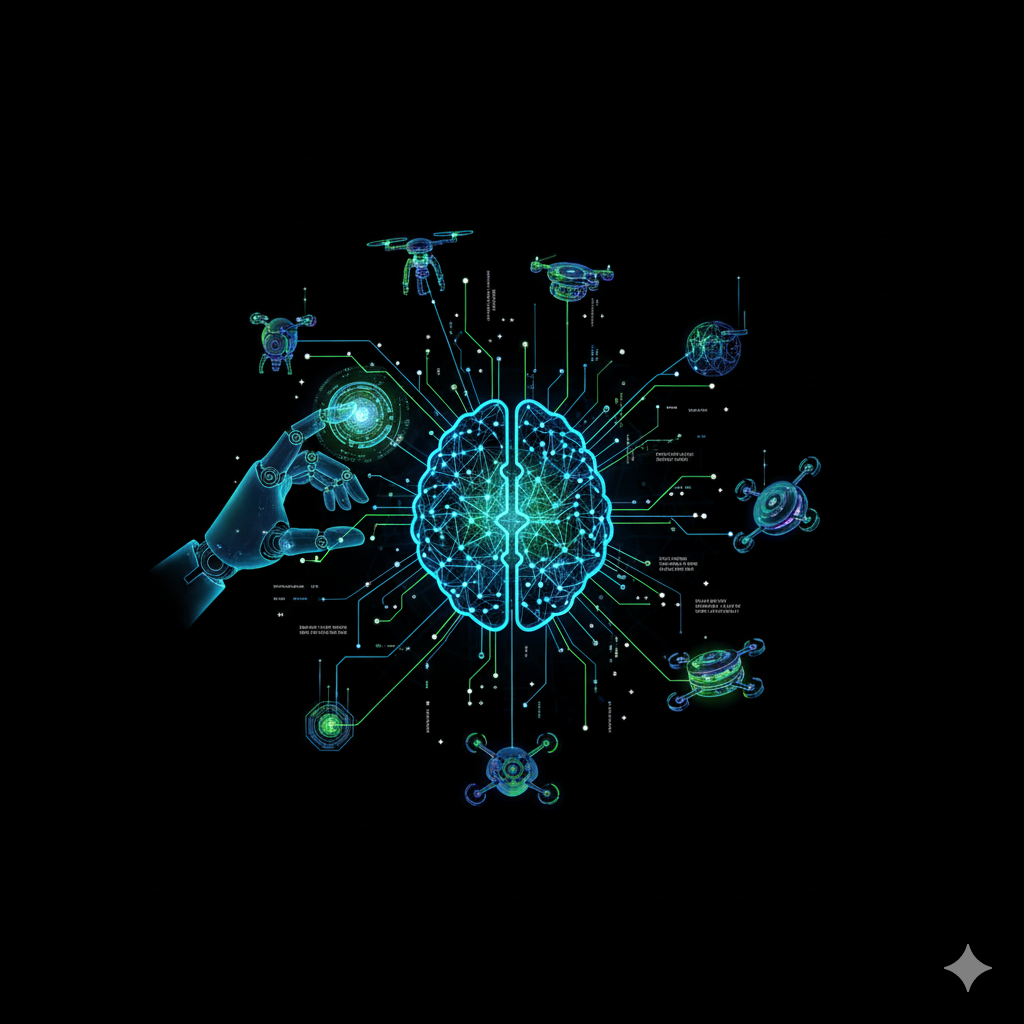Introduction: AI Agents Without the Price Tag
In 2025, AI agents are no longer science fiction. From customer support bots to automated research assistants and self-learning cron jobs, AI-driven workflows are everywhere. But many developers and startups hesitate because they think AI agents require expensive GPU clusters or premium APIs.
The truth? You can build powerful AI agents for free using open-source libraries, community platforms, and free-tier cloud services. Tools like LangGraph, LangChain, Hugging Face, and n8n make it possible to prototype and deploy agents without spending a single dollar.
In this guide, we’ll explore all the free ways to build AI agents, including practical steps, example code, and real-world integrations.
What Are AI Agents?
An AI agent is more than a chatbot. It’s a system that can:
-
Reason using large language models (LLMs).
-
Plan a sequence of steps toward a goal.
-
Act by invoking APIs, running code, or interacting with tools.
-
Learn by adapting based on results.
Examples:
-
A customer support agent that answers FAQs, escalates tickets, and updates a CRM.
-
A research agent that scrapes papers, summarizes them, and emails insights.
-
A financial bot that tracks transactions, predicts spending patterns, and alerts users.
Free Tools for Building AI Agents
Here’s a breakdown of free tools and frameworks you can use:
1. LangGraph – Visual Programming for AI Workflows
LangGraph is a Python library for building graph-based LLM workflows. It extends LangChain with a focus on stateful, multi-turn agents.
Why it’s great for free projects:
-
Fully open-source.
-
Works with Hugging Face free models.
-
Lets you design complex agent flows visually.
Example:
from langgraph.graph import Graph
from langgraph.nodes import ToolNode, LLMNode
from langchain.chat_models import ChatOpenAI
# Define LLM
llm = ChatOpenAI(model="gpt-3.5-turbo", temperature=0)
# Build graph
graph = Graph()
graph.add_node("chatbot", LLMNode(llm))
graph.add_node("calculator", ToolNode(lambda x: str(eval(x))))
graph.connect("chatbot", "calculator")
# Run
print(graph.run("What is 2 + 2?"))
You can replace OpenAI with free Hugging Face models (like google/flan-t5-base) for zero-cost experiments.
2. Hugging Face Transformers & Spaces
Hugging Face offers free-tier hosting and models:
-
Transformers library: Load open-source LLMs, vision models, and speech models.
-
Spaces: Free hosting with Gradio/Streamlit UI.
Example with Hugging Face free inference:
from transformers import pipeline
qa = pipeline("question-answering", model="distilbert-base-uncased-distilled-squad")
print(qa(question="Who developed Python?", context="Python was created by Guido van Rossum."))
You can deploy this pipeline on Hugging Face Spaces for free, then connect it to an AI agent.
See our Transforming Images Into Videos with Hugging Face Spaces Project for inspiration.
3. n8n – Free Automation for AI Agents
n8n is a free, open-source automation tool (Zapier alternative). You can connect your AI models with hundreds of apps for free.
Examples:
-
Connect your Hugging Face agent to Slack via webhook.
-
Build a feedback agent: User → Django → Hugging Face → n8n → Google Sheets.
We covered n8n in detail here: How to Use n8n – A Comprehensive Step-by-Step Guide.
4. LangChain – Free Building Blocks for Agents
LangChain is still one of the most popular frameworks for AI agents. With free backends like Ollama or Hugging Face models, you don’t need an OpenAI API key.
Example:
from langchain.chains import ConversationChain
from langchain.llms import HuggingFaceHub
llm = HuggingFaceHub(repo_id="google/flan-t5-base")
chain = ConversationChain(llm=llm)
print(chain.run("Hello, who are you?"))
5. Ollama – Free Local LLMs
Ollama lets you run local LLMs for free on your machine. No API calls, no cost. You can run models like llama2, mistral, or codellama locally.
This pairs perfectly with LangGraph or LangChain to build cost-free agents.
6. Free Cloud & GPU Options
-
Google Colab Free – Run agents in a Jupyter notebook with GPU acceleration.
-
Hugging Face Spaces – Free CPU hosting, limited GPU on request.
-
Replicate Free Tier – Some free credits for model inference.
-
Lightning AI / Modal Labs – Free starter tiers for AI hosting.
For enterprise-grade scaling, see our project SmartOps AI.
Example: Free Research Assistant AI Agent
Here’s how you can build a fully free research assistant:
-
Backbone LLM: Hugging Face Flan-T5 or local Ollama Llama2.
-
Workflow Orchestration: LangGraph for planning.
-
Knowledge Search: Free Wikipedia API.
-
Summarization: Hugging Face pipeline.
-
Automation: n8n workflow to send results via email.
from transformers import pipeline from langgraph.graph import Graph import requests # Step 1: Research tool def wiki_search(query): url = f"https://en.wikipedia.org/api/rest_v1/page/summary/{query}" return requests.get(url).json().get("extract", "") # Step 2: Summarizer summarizer = pipeline("summarization", model="facebook/bart-large-cnn") def summarize(text): return summarizer(text, max_length=100, min_length=30, do_sample=False)[0]['summary_text'] # Step 3: Build agent graph graph = Graph() graph.add_node("search", wiki_search) graph.add_node("summarize", summarize) graph.connect("search", "summarize") print(graph.run("Artificial Intelligence"))This simple free AI agent:
-
Searches Wikipedia.
-
Summarizes results.
-
Can be extended to email results via n8n webhook.
Best Practices for Free AI Agents
Model Choice – Use smaller models (Flan-T5, DistilBERT) for free tiers.
Caching – Cache results locally to reduce compute.
Async Execution – Free GPUs/CPUs are slower, so run jobs asynchronously.
Security – Secure webhooks (HMAC/keys).
Scalability – Start free, migrate to cloud GPUs as you grow.
Conclusion: Democratizing AI Agents
Thanks to LangGraph, Hugging Face, LangChain, n8n, Ollama, and free cloud tiers, you can build sophisticated AI agents without spending money.
-
Use LangGraph for workflow orchestration.
-
Use Hugging Face Transformers and Spaces for free model hosting.
-
Use Ollama for local free LLMs.
-
Use n8n for no-cost automation.
By combining these tools, you can design AI agents that research, automate, and interact with the world — completely free.
